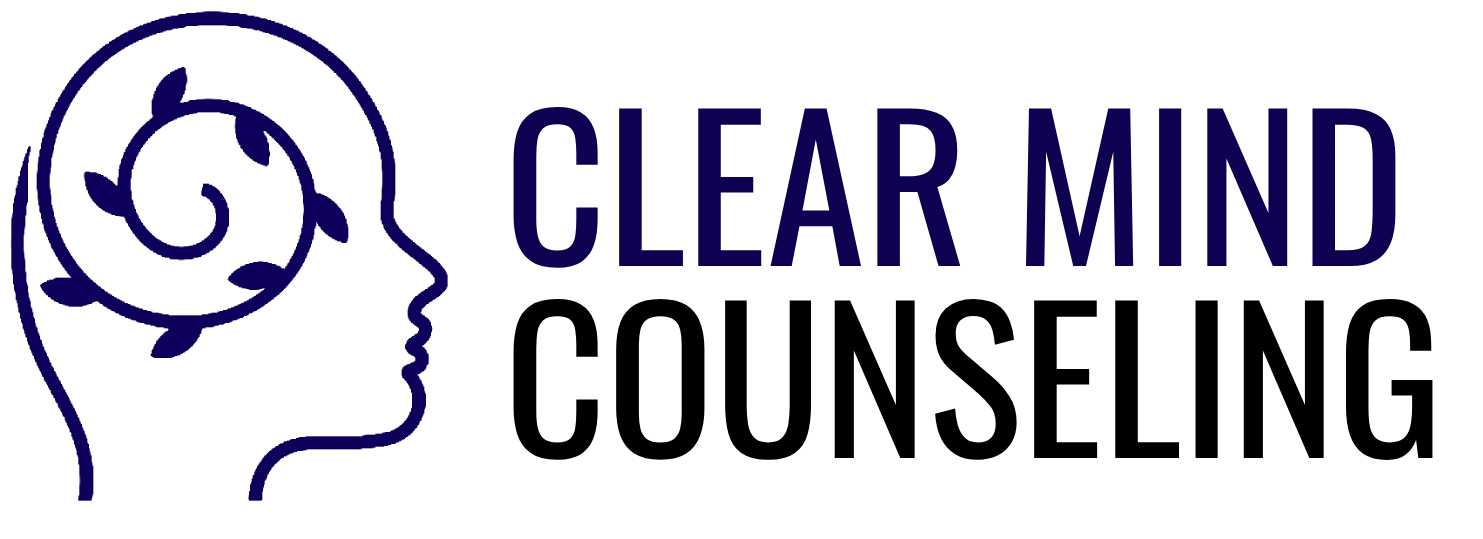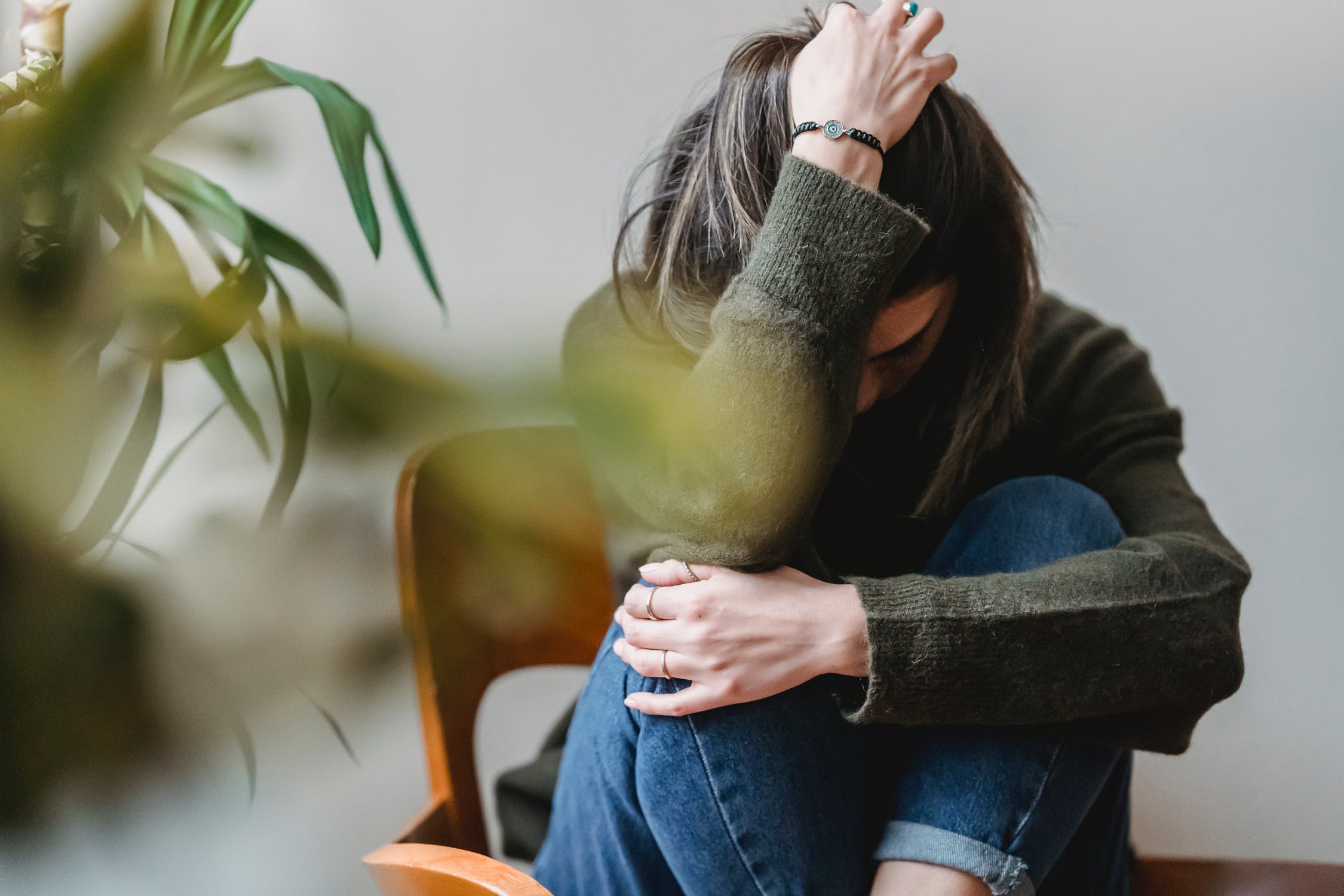Anxiety
Anxiety is a natural emotion, it’s easy to feel when your anxiety is being triggered. Some people’s telltale signs are fast breathing, racing thoughts, or an elevated heart rate.
Many people find, especially in these uncertain times that uneasiness and worry are escalating and interfering with their lives and peace of mind.
There is a complicated process going on in the brain when anxiety escalates. As you become nervous and worry sets in, your brain’s primitive fight or flight response is triggered and stress hormones flood your body. The purpose of this ancient automatic response is to give you extra strength to fight or run away from a physical threat like an attacking grizzly.
Obviously, most of the things we are anxious about in the modern world are threatening situations at work, school, or social situations. Extra physical energy is not what we need to handle these “perils”. Luckily there are strategies you can employ to regain calm. Think about the tips I am sharing below as training in Anxiety First Aid that you can administer to yourself in the moment when you find yourself having an anxiety flare-up. Here are my top 4 tips.
Breathe
When you slow down your breath, you are counteracting the messages the fight or flight response is sending your brain and body. This helps you become calmer.
The breathing method I like to teach my clients is the 4-4-4 breathing method:
1. Sit quietly.
2. Inhale slowly while counting to four.
3. Hold your breath while counting slowly to four.
4. Slowly exhale to the count of four.
Repeat this cycle at least 3 times and then gauge how you feel.
Flee Symbolically
Take a brisk walk or jog. This is another way to trick your brain’s fight or flight response. When you are anxious adrenaline and other stress hormones are flooding your body so why not burn them off? Your primitive brain will think you are fleeing (as in fight or flight response) and exercise will help burn away those stress hormones that have been secreted. An added bonus is that exercise releases endorphins that give you a feeling of well-being and happiness.
Talk Back To Your Anxiety
Don’t let it have the last word! Are your thoughts about your situation realistic or are you just focusing on the worst possible outcome? What if you act nervous during your presentation or your first date? Is immediate rejection the only possible outcome? Be more realistic. Do you think you are the only person who has ever appeared nervous? Could people be understanding and root for you instead of dismissive? Could tension be perceived as showing that you care a lot about the company or the person you are meeting for the date? What if you are initially tense but then in a little while the nervousness goes away and you end up doing well and having a good time? What else could happen besides total disaster and spurning?
Pick Up Your Phone
If you are in a situation where you can look at your phone it is a great resource for calming anxiety.
Meditation apps like Calm and Headspace guide you through calming meditations, images, and mindfulness exercises to help you with worry and anxiety in the moment and long term.
Also, there are now games to download in the app store on your iPhone that are specifically geared toward decreasing anxiety. My Oasis is a game where you can create an island that is a “virtual zen garden” it even self populates with soothing flora and fauna as you go. Antistress Anxiety Relief provides 45 different games to release stress. They range from “Sand Hourglass” where you watch sand flow through the midpoint of an hourglass to “Brick Smash” where the object is to use your finger to smash as many bricks as possible.
Of course, you can also use your phone to call or text with a trusted friend or family member to gain reassurance or just chat to get your mind off what’s worrying you.
In the same way that medical first aid gives immediate assistance to people suffering from an injury to prevent the condition from worsening and promote recovery. You can use the four anxiety first aid tips I have given to you here at the first signs of anxiety. They are tools you can use to keep anxiety from intensifying and reestablish calm and self-assurance. Take time to learn anxiety first aid so it is there for you when you need it.

